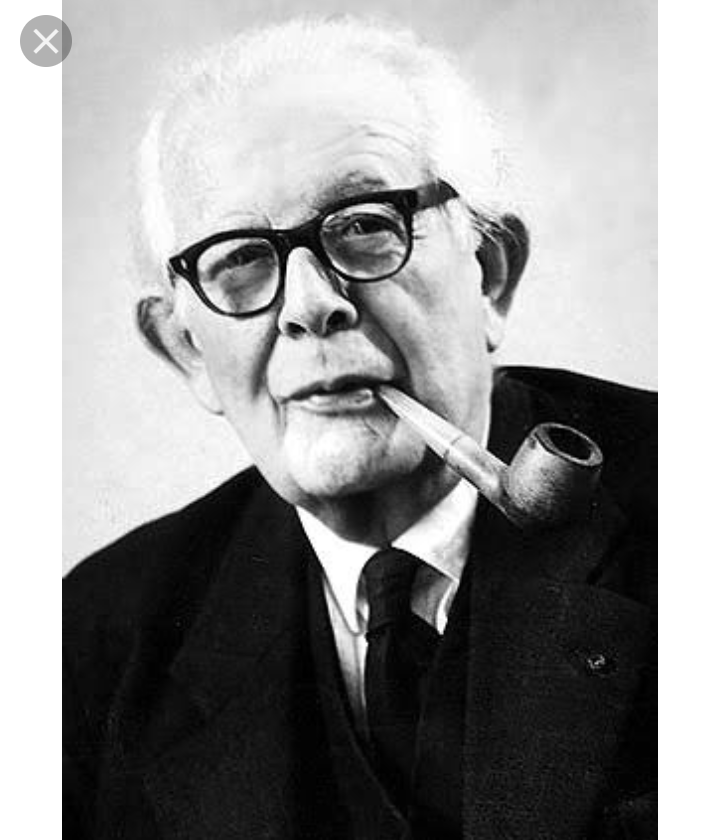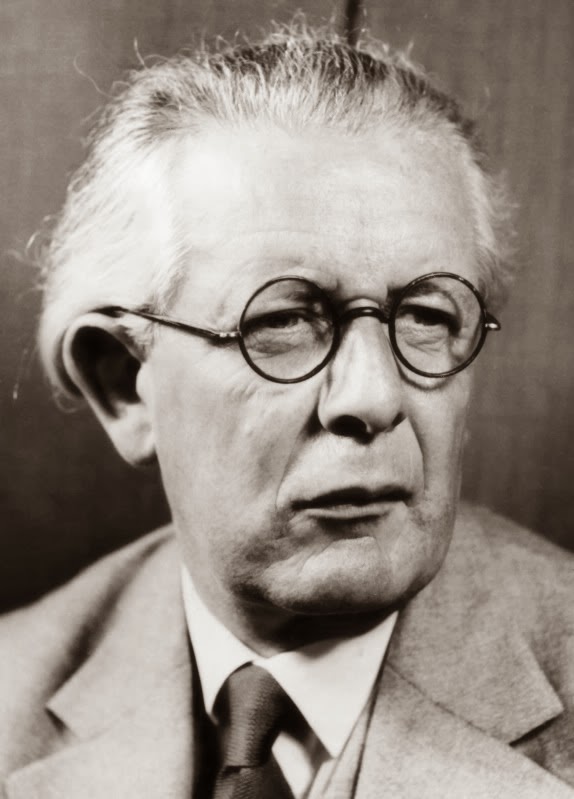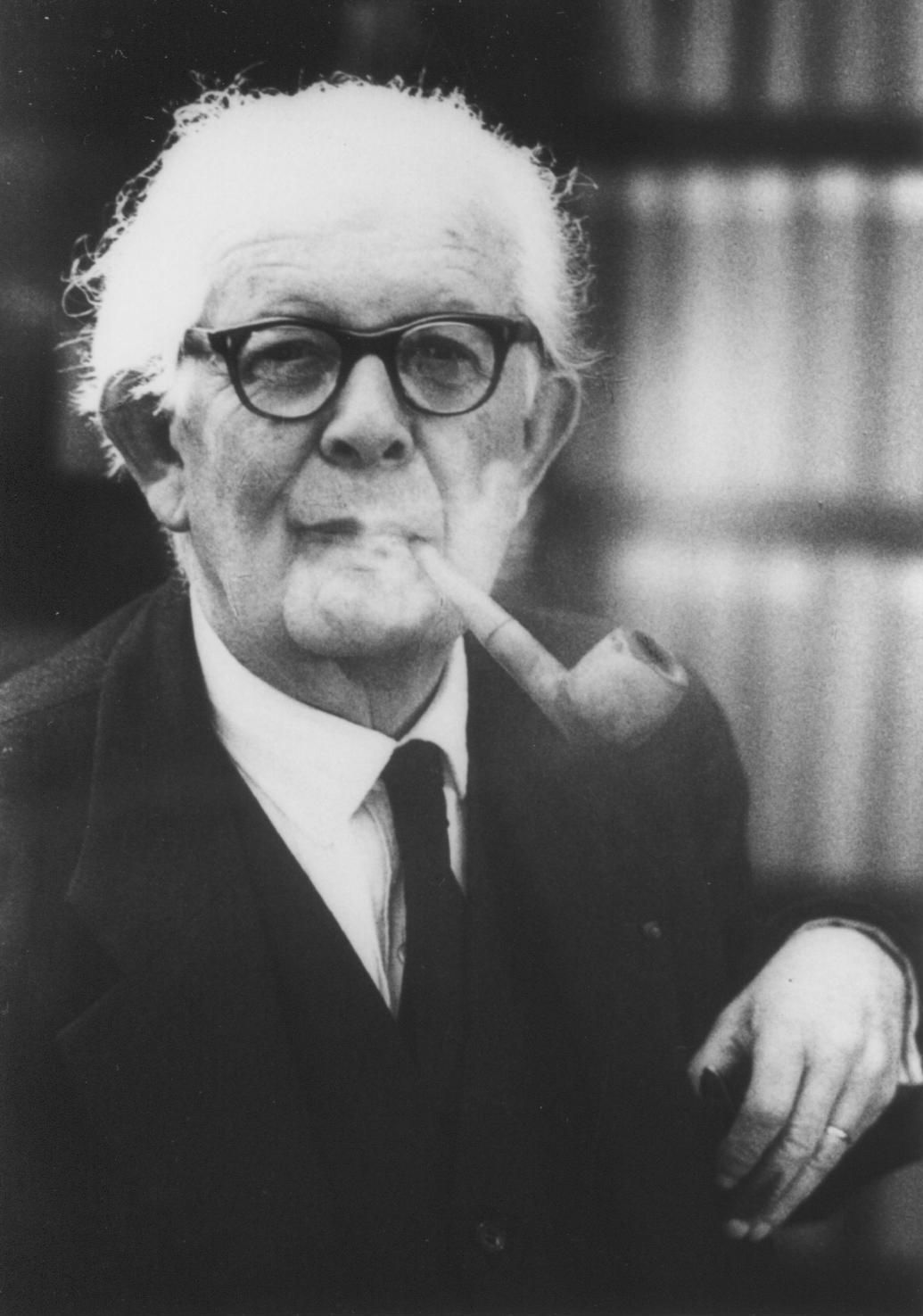Jean William Fritz Piaget was a Swiss psychologist and philosopher renowned for his groundbreaking work in developmental psychology. His theories have not only shaped the understanding of child development but also influenced various fields such as education and cognitive psychology. Piaget's research focused on how children acquire knowledge, how they think, and how their understanding evolves over time. His contributions have laid the foundation for modern educational practices, emphasizing the importance of active learning through discovery and exploration. Today, Piaget's legacy continues to inspire educators and psychologists worldwide, making his work as relevant now as it was during his lifetime.
Born in 1896, Piaget embarked on a journey of intellectual curiosity that would lead him to become one of the most significant figures in psychology. His theories, particularly the stages of cognitive development, have provided insights into the minds of children and how they perceive the world around them. By understanding the mechanisms of learning and development, educators can create more effective instructional strategies tailored to the cognitive abilities of their students.
As we delve deeper into the life and contributions of Jean William Fritz Piaget, we will explore his biography, key theories, and the lasting impact of his work on education and psychology. This article aims to provide a comprehensive overview of his life, the questions he sought to answer, and the relevance of his findings in today’s educational landscape.
What is the Biography of Jean William Fritz Piaget?
Jean William Fritz Piaget was born on August 9, 1896, in Neuchâtel, Switzerland. He was the first child of Arthur Piaget, a professor of medieval literature, and Rebecca Jackson, a teacher. Piaget displayed intellectual prowess from a young age, publishing his first article on a rare bird species at just 10 years old. He later pursued studies in natural sciences and psychology at the University of Neuchâtel. In 1918, he earned his doctorate with a thesis on the psychology of children.
Throughout his career, Piaget held various academic positions, including at the University of Geneva and the International Bureau of Education. He founded the Jean Piaget Society, which promotes his theories and research on cognitive development. His work was characterized by a strong emphasis on empirical research, where he observed children’s behavior to understand their cognitive processes.
| Personal Details | Bio Data |
|---|---|
| Name | Jean William Fritz Piaget |
| Date of Birth | August 9, 1896 |
| Place of Birth | Neuchâtel, Switzerland |
| Field | Psychology, Philosophy |
| Key Contributions | Cognitive Development Theory, Constructivism |
| Date of Death | September 16, 1980 |
What are Piaget's Key Theories?
Jean William Fritz Piaget is best known for his theory of cognitive development, which he categorized into four distinct stages: sensorimotor, preoperational, concrete operational, and formal operational. These stages reflect the evolving nature of children's thought processes as they grow. Here’s a brief overview of each stage:
- Sensorimotor Stage (0-2 years): Children learn through their sensory experiences and actions. They develop object permanence, realizing that objects continue to exist even when out of sight.
- Preoperational Stage (2-7 years): Children begin to use language and engage in symbolic play but struggle with understanding the perspective of others, leading to egocentric thinking.
- Concrete Operational Stage (7-11 years): Logical thinking develops, allowing children to perform operations on concrete objects. They understand concepts of conservation and reversibility.
- Formal Operational Stage (12 years and up): Abstract thinking emerges, enabling individuals to reason logically about hypothetical situations and use deductive reasoning.
How Did Piaget Influence Education?
Jean William Fritz Piaget's theories have profoundly impacted educational practices. His emphasis on active learning suggests that children should engage with their environment to construct knowledge. Educators have adopted several principles from Piaget’s work:
- Hands-on Learning: Encouraging students to explore and manipulate materials fosters deeper understanding.
- Developmentally Appropriate Practices: Teaching strategies should align with the cognitive abilities of students at different developmental stages.
- Encouragement of Inquiry: Promoting questions and exploration allows students to construct their knowledge through discovery.
What is Constructivism in Piaget's Work?
Constructivism is a significant aspect of Piaget's theories, emphasizing that knowledge is constructed through interaction with the environment. According to Piaget, learning is an active process where learners build their understanding based on experiences. He proposed that educators should facilitate learning by providing opportunities for students to engage in meaningful activities that promote exploration and problem-solving.
How Does Piaget's Work Relate to Modern Psychology?
Jean William Fritz Piaget's contributions extend beyond education into the broader field of psychology. His focus on cognitive development has paved the way for further research into how children think and learn. Modern psychologists continue to explore and build upon Piaget’s theories, investigating areas such as cognitive processes, social interactions, and emotional development. His work has influenced various psychological practices, including therapeutic approaches that consider developmental stages in understanding behavior.
What is the Legacy of Jean William Fritz Piaget?
The legacy of Jean William Fritz Piaget is undeniable. His pioneering research laid the groundwork for understanding child development, and his theories remain relevant in contemporary discussions around education and cognitive psychology. Today, educators and psychologists celebrate Piaget’s commitment to empirical research and his belief in the active role of learners in their cognitive development.
Conclusion: Why is Piaget Important Today?
Jean William Fritz Piaget's work has left an indelible mark on the fields of psychology and education. His insights into the cognitive processes of children have transformed how educators approach teaching and learning. By promoting active engagement and discovery-based learning, Piaget has fostered an environment where students can thrive and develop critical thinking skills. As we continue to explore the complexities of human cognition, Piaget's theories serve as a guiding light for educators and psychologists alike, ensuring that the legacy of this brilliant mind endures for generations to come.
Unlocking The Perfect Rib Eye Medium Rare Temp: A Culinary Journey
Exploring Love On The Spectrum: The Journey Of Sharona
Discovering Oakley Lumber Company Nashville: A Legacy In Woodworking


